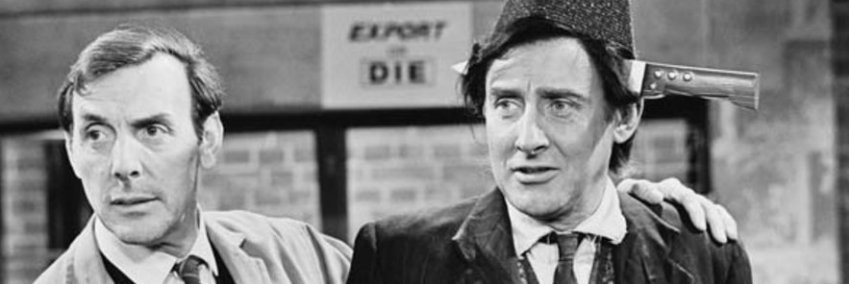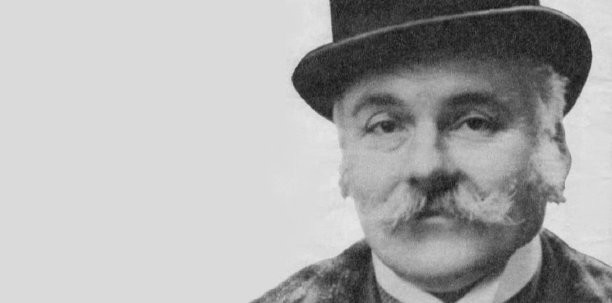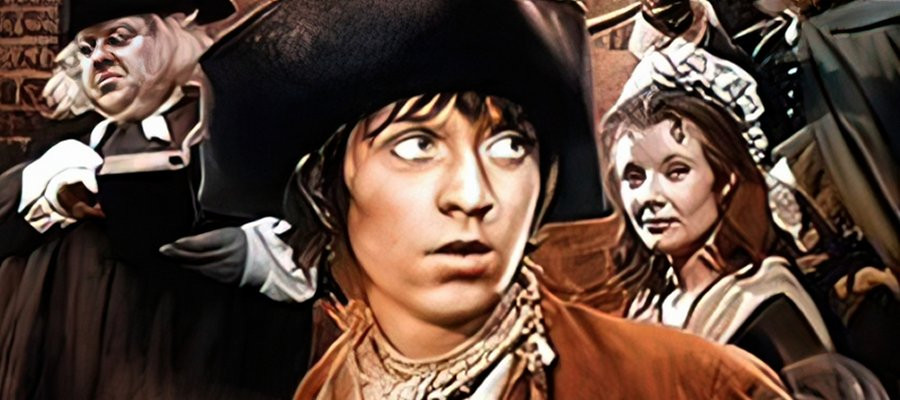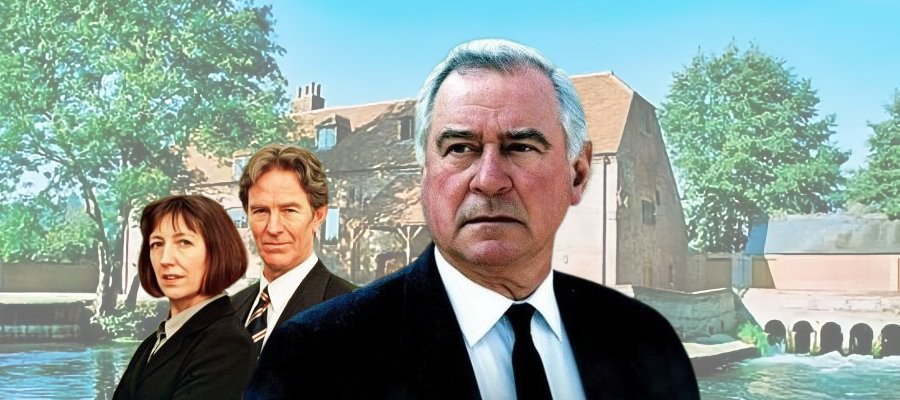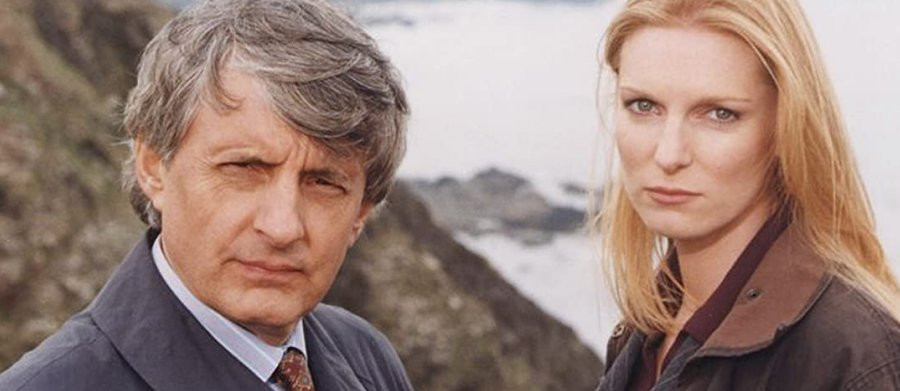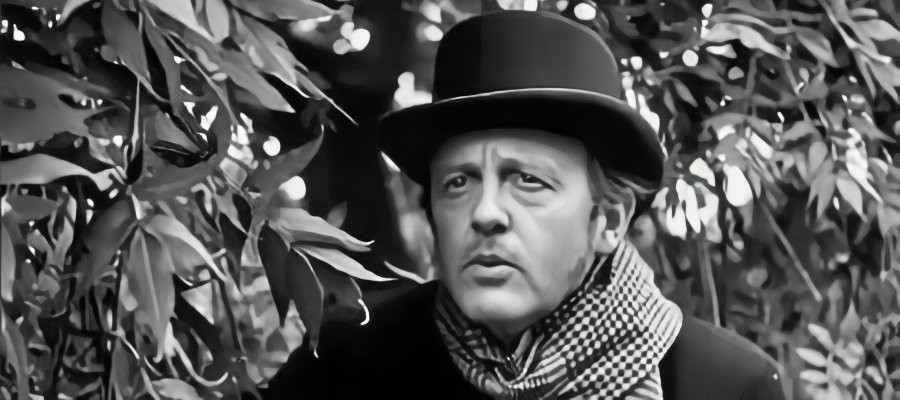
The Mind of Mr. J. G. Reeder
1969 - United KingdomThe Mind of Mr. J. G. Reeder is one of those marvellously quirky gems that British television occasionally produced during the late 1960s — a series that never quite received the recognition it deserved, largely due to unfortunate timing and the unforgiving fate of black-and-white broadcasting. Based on the short stories by Edgar Wallace, this 1969 Thames Television production introduced viewers to one of crime fiction’s more peculiar heroes: the quietly spoken, unassuming civil servant, Mr J. G. Reeder.
At first glance, Reeder seems the very model of bureaucratic dullness: meek, mild-mannered, and entirely without distinction. But beneath that fusty exterior lurks a razor-sharp mind with an intimate grasp of criminal psychology. “I have a criminal mind,” he insists—not a boast, but a frank observation of his unique professional insight. His role with the Office of the Public Prosecutor places him squarely at the heart of Britain’s most baffling cases, often beyond the grasp of even Scotland Yard. Bank heists, jewel thefts and murder are among the many and varied cases that are passed on to Mr. Reeder to solve in his own singular way.
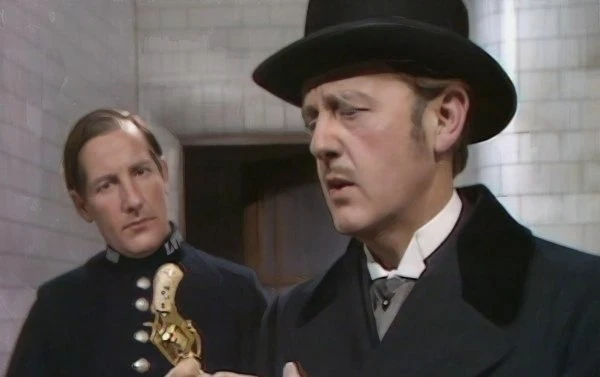
Hugh Burden is utterly inspired in the title role. His portrayal of Reeder captures a delicate balancing act—projecting an image of gentle eccentricity while simultaneously conveying an underlying menace and intelligence that unsettles even the most hardened villain. Burden’s Reeder is never flashy, but his quiet authority becomes increasingly compelling with each episode.
The supporting cast adds to the show’s distinct charm. Willoughby Goddard, as Reeder’s blustering superior Sir Jason Toovey, provides comic relief with a performance that borders gleefully on caricature — an enjoyable foil to Reeder’s calm intellect. Adding further tone is the subplot involving Miss Margaret Bellman (Gillian Lewis), a charming young woman whose unexpected romance with Reeder adds warmth and humanity to the series without veering into sentimentality.
The series is set in the 1920s, and although filmed in black-and-white, it does a fine job of capturing the period atmosphere. Costuming and set design are suitably evocative, and the visual limitations of monochrome do little to dull the show’s aesthetic appeal. That said, the series does falter in one notable respect: the theme and incidental music are really quite poor, but this is a rare misstep in an otherwise well-crafted production.
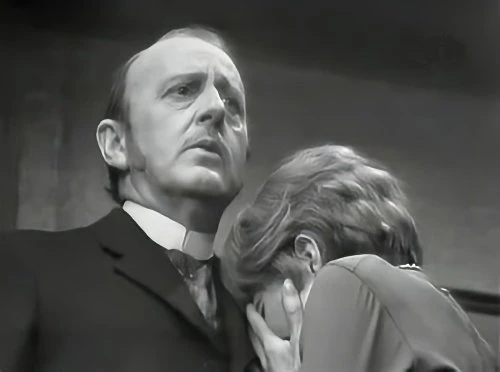
Stylistically, Mr. J. G. Reeder leans heavily into its era of creation. Despite its Roaring Twenties setting, the series exudes a distinctly 1960s sensibility — arch, tongue-in-cheek, and unapologetically theatrical. Guest stars embrace the exaggerated tone with abandon, often hamming it up in a way that would seem ludicrous elsewhere but somehow suits the series' off-kilter charm. Edgar Wallace’s original stories, themselves never models of restraint, provide ample foundation for such a heightened style.
The show’s biggest misfortune was its release at a time when colour television was beginning to dominate, leaving black-and-white series like this one overlooked and, in many cases, unfairly forgotten. Only two episodes from the 1971 second season were produced in colour. It’s a shame, as The Mind of Mr. J. G. Reeder is a unique and highly entertaining piece of television history.
The now defunct Network DVD released both series (a total of 16 episodes) in a single boxed set some years ago and whilst Network no longer trade copies can still be found on Amazon and eBay at the time of writing (2025). For enthusiasts of cult British television, especially those who appreciate a touch of whimsy with their murder and mayhem, The Mind of Mr. J. G. Reeder is an absolute treat.
Verdict (2025 perspective):
★★★☆☆ A delightful, idiosyncratic crime drama buoyed by a superb central performance and a wonderfully offbeat tone. Overlooked in its day, but ripe for rediscovery.
Seen this show? How do you rate it?
Seen this show? How do you rate it?
Published on May 11th, 2025. Written by Laurence Marcus for Television Heaven.





